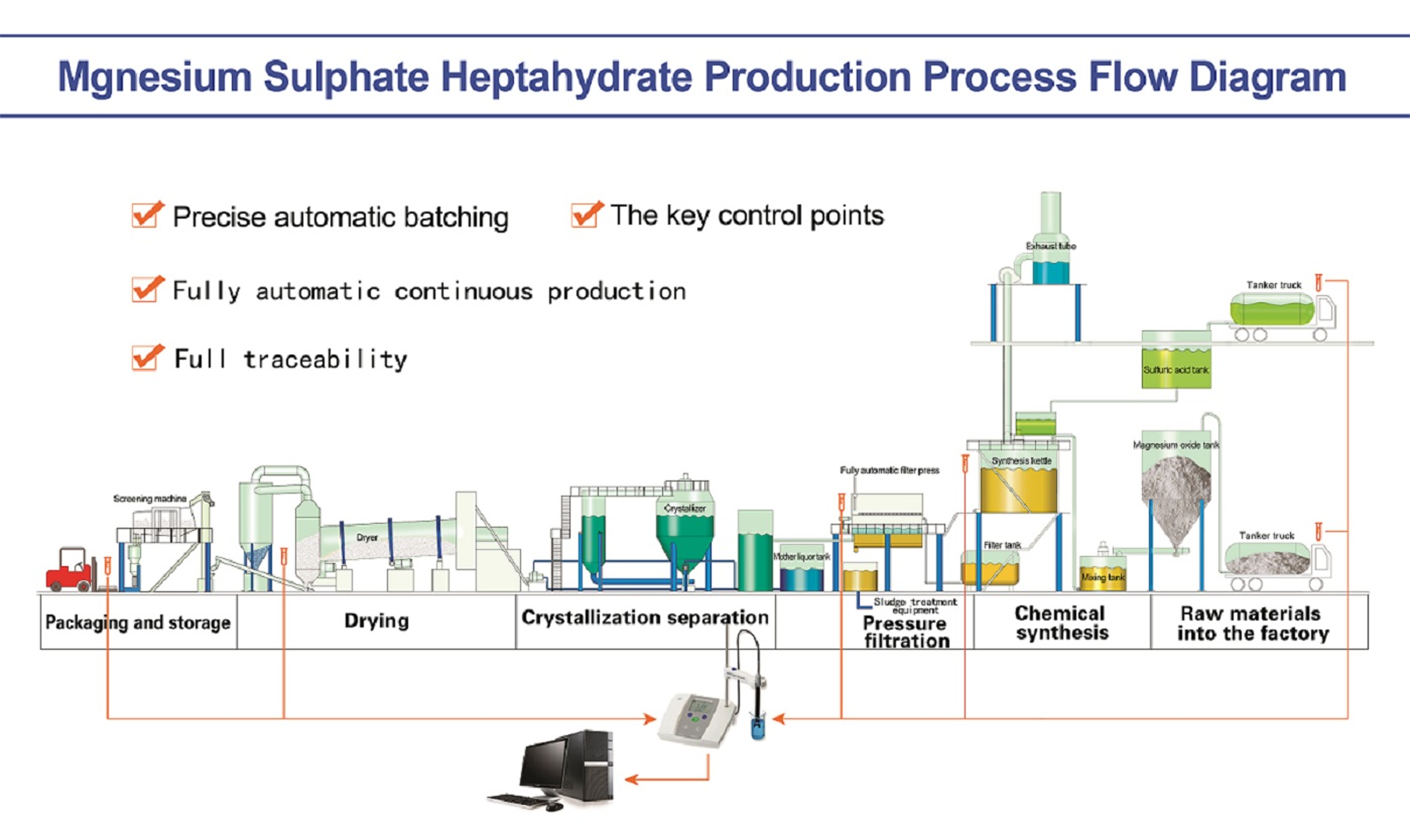Sodium dodecyl sulfate (SDS), also known as sodium lauryl sulfate (SLS), is a widely used anionic surfactant with various applications across different fields. Here are some of its main uses:
### 1. **Biological and Biochemical Research**
- **Protein Electrophoresis**: SDS is a key component in sodium dodecyl sulfate polyacrylamide gel electrophoresis (SDS-PAGE), a technique used to separate proteins based on their molecular weight. SDS denatures proteins, giving them a uniform negative charge, which allows them to migrate through a gel in an electric field.
- **DNA Extraction**: SDS is used to lyse cells and release nucleic acids during the extraction process, helping to solubilize cellular membranes.
### 2. **Industrial Applications**
- **Detergents and Cleaners**: SDS is commonly found in household and industrial cleaning products due to its ability to reduce surface tension, helping to emulsify and remove grease and dirt.
- **Personal Care Products**: It is used in shampoos, toothpastes, and body washes for its cleansing and foaming properties.
### 3. **Pharmaceuticals**
- **Drug Formulation**: SDS can enhance the solubility and bioavailability of poorly soluble drugs, making it useful in pharmaceutical formulations.
- **Vaccine Development**: It is sometimes used in vaccine formulations to help stabilize proteins.
### 4. **Cosmetics**
- **Emulsifiers and Foaming Agents**: In cosmetic products, SDS helps create stable emulsions and foams, improving texture and application.
### 5. **Laboratory Reagents**
- **Reagent in Biochemistry**: SDS is used in various laboratory protocols and experiments, including the extraction of proteins and lipids and as a component in buffer solutions.
### 6. **Textile Industry**
- **Scouring Agent**: SDS is used in the textile industry for scouring and cleaning fabrics before dyeing.
### Safety and Environmental Considerations
While SDS is effective in various applications, it can be irritating to skin and eyes and may have environmental impacts if not handled properly. Therefore, it is important to follow safety guidelines when using products containing SDS.
### Conclusion
Sodium dodecyl sulfate is a versatile compound with applications in research, industry, and consumer products. Its ability to solubilize proteins and emulsify substances makes it valuable across various fields.




 Guarantee safe
Guarantee safe 






